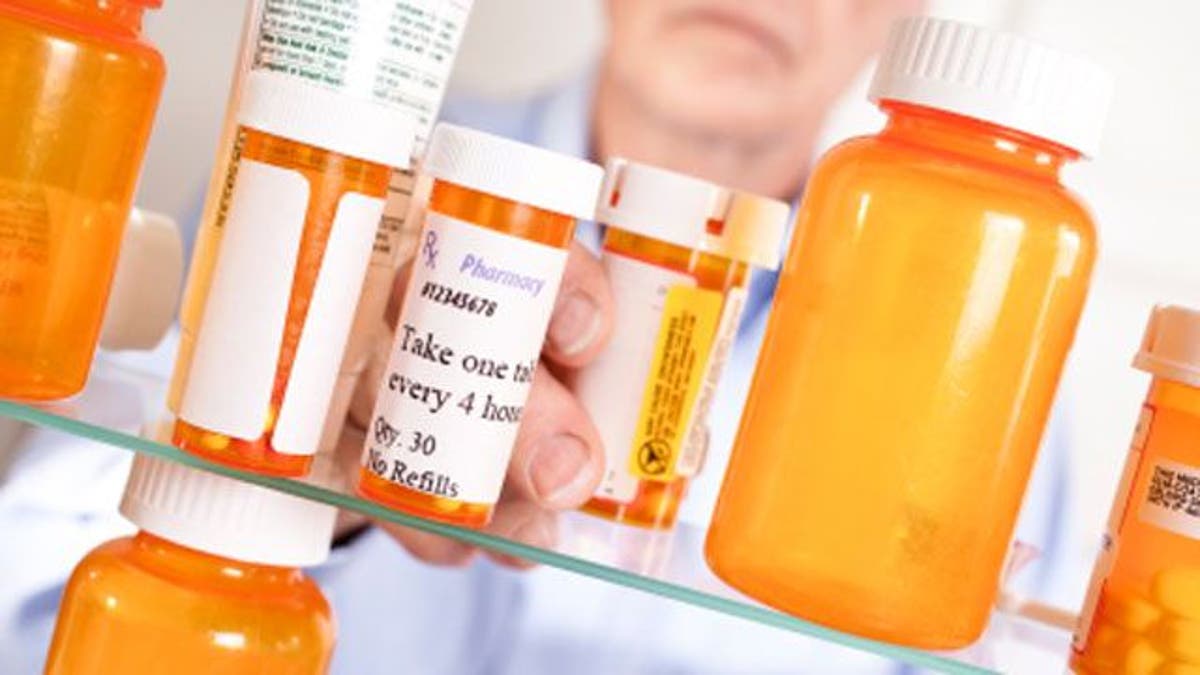
An increasing number of children and teens have been poisoned and hospitalized after ingesting adult prescription medications, a study in the journal Pediatrics revealed.
The rise in child poisonings over the past decade may be linked to the increased presence of prescription drugs in homes, as more adults rely on these medications to treat conditions like diabetes and heart disease, Medical Daily reported.
Researchers gathered data from both the U.S. National Center of Health Statistics and U.S. Poison Centers between 2000 and 2009. They noted that the increase in adult prescription medications paralleled the increase in phone calls made to poison centers related to child poisonings.
The study focused specifically on incidents in which children ingested drugs from the following categories of adult medications: anti-diabetic, cholesterol-lowering, blood pressure and opioid-based pain killers.
Throughout the course of the study, more than 40,000 children ingested anti-diabetic drugs, and a similar number took cholesterol meds. Additionally, 50,000 children had ingested beta blockers, and 60,000 had taken opioids, Medical Daily reported.
Approximately 93,000 of these cases culminated in visits to the emergency room. The most commonly affected groups were children under the age of 5 and teenagers between 13 and 19 years old.
"Among younger children, poisonings tend to be related to exploratory behavior and result in unintentional exposures to a medication," wrote the study’s authors. "Among teenagers, ingestions are more likely to be intentional, including for recreational purposes or with the intention of self-harm."
While improvements were made to child safety packaging in 2008, researchers suggested that more needs to be done to limit children’s access to prescription drugs.
The study authors noted that poisonings "continue to be a significant and increasing problem, and interventions need to take into account the increases in adult prescriptions available to children."
